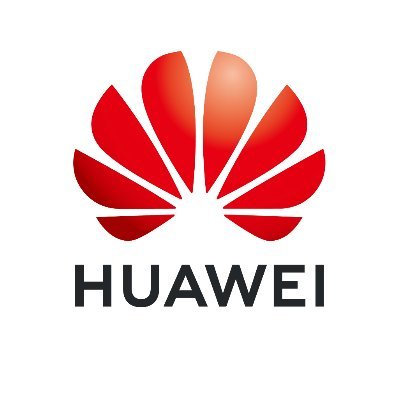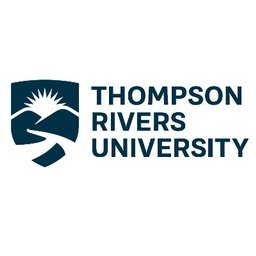Huawei Canada has an immediate 12-month contract opening for a Researcher.
About the team:
The Software-Hardware System Optimization Lab continuously improves the power efficiency and performance of smartphone products through software-hardware systems optimization and architecture innovation. We keep tracking the trends of cutting-edge technologies, building the competitive strength of mobile AI, graphics, multimedia, and software architecture for mobile phone products.
About the job:
Conduct research on GPU-accelerated rendering techniques, including real-time ray tracing, rasterization, and hybrid methods.
Investigate AI-driven rendering approaches such as neural radiance fields (NeRF), GAN-based synthesis, denoising, and super-resolution.
Prototype and evaluate new algorithms that leverage GPU architectures for enhanced visual fidelity and performance.
Explore the integration of AI models into rendering workflows, including differentiable rendering and learned shading.
Publish findings in top-tier conferences and journals (e.g., SIGGRAPH, CVPR, NeurIPS).
Collaborate with cross-functional teams to validate research in real-world applications and contribute to long-term innovation roadmaps.
Requirements
About the ideal candidate:
Master’s degree required, Ph.D. preferred in Computer Graphics, Computer Science, Electrical Engineering, or a related field.
Strong understanding of GPU architectures and graphics APIs (e.g., Vulkan, Metal, DirectX, CUDA).
Experience with AI frameworks (e.g., PyTorch, TensorFlow) and their application in visual computing.
Solid foundation in rendering algorithms, image synthesis, and performance optimization.
Demonstrated ability to conduct independent research and communicate results effectively.
Prior publications or research contributions in graphics, AI rendering, or visual computing.
Experience with rendering engines (e.g., Unity, Unreal, Blender) or custom GPU pipelines.
Familiarity with neural graphics primitives and differentiable rendering frameworks.







